Sleep aids might do more harm than good
If you’re trying to get a good night’s sleep and sometimes it feels like a struggle, you’ve probably tried some of these sleep-better tricks. Although some of these can work occasionally, others don’t really help at all. What’s worse, some can actually sabotage your sleep. Here’s what experts want you to know about the best—and worst—ways to get better rest.
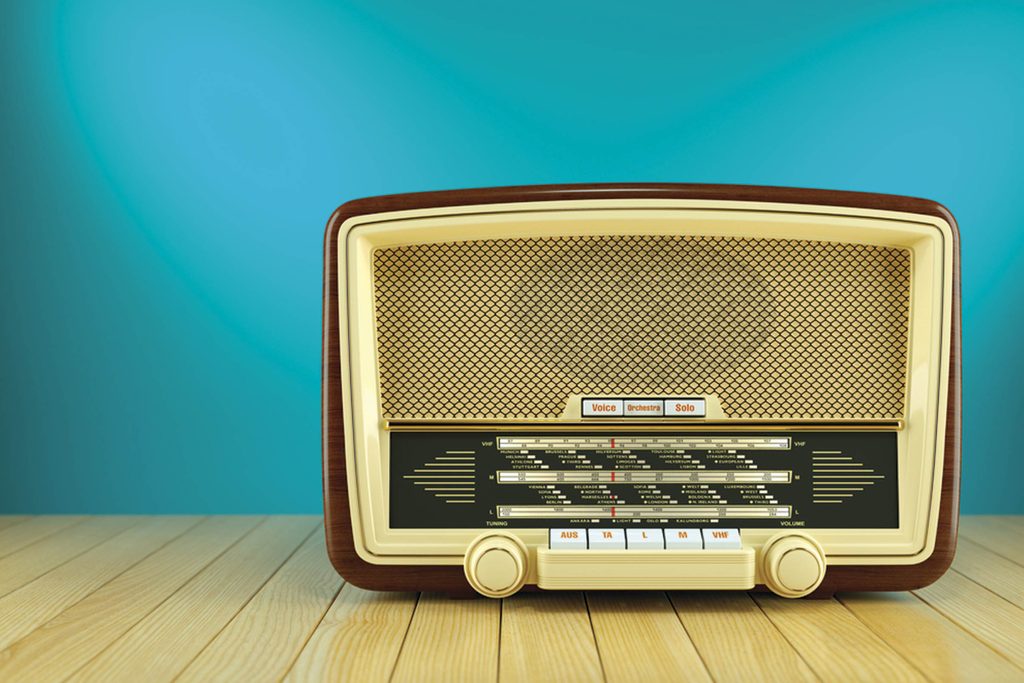
Turning on the radio
A little background noise is the only way some people can fall asleep, hence the popularity of white noise machines and tracks, says Mark Buchfuhrer, MD, a sleep specialist at the Stanford Sleep Medicine Center in Los Angeles, who’s been treating insomnia and sleep disorders for decades. And that sleeping habit is generally fine but it depends on exactly what you’re listening to, he adds. There’s a big difference between the sounds of ocean waves and a pop radio station. The former can help lull you into dreamland but sounds that are variable, involve talking, or playing fast music, might be too stimulating. He adds that for some people white noise isn’t helpful either, as they find it irritating. Falling asleep to sound is highly individual, but Dr. Buchfuhrer recommends going for something repetitive, soothing, soft, and as boring as possible—like one of these sleep sounds that guarantee a better night’s rest.
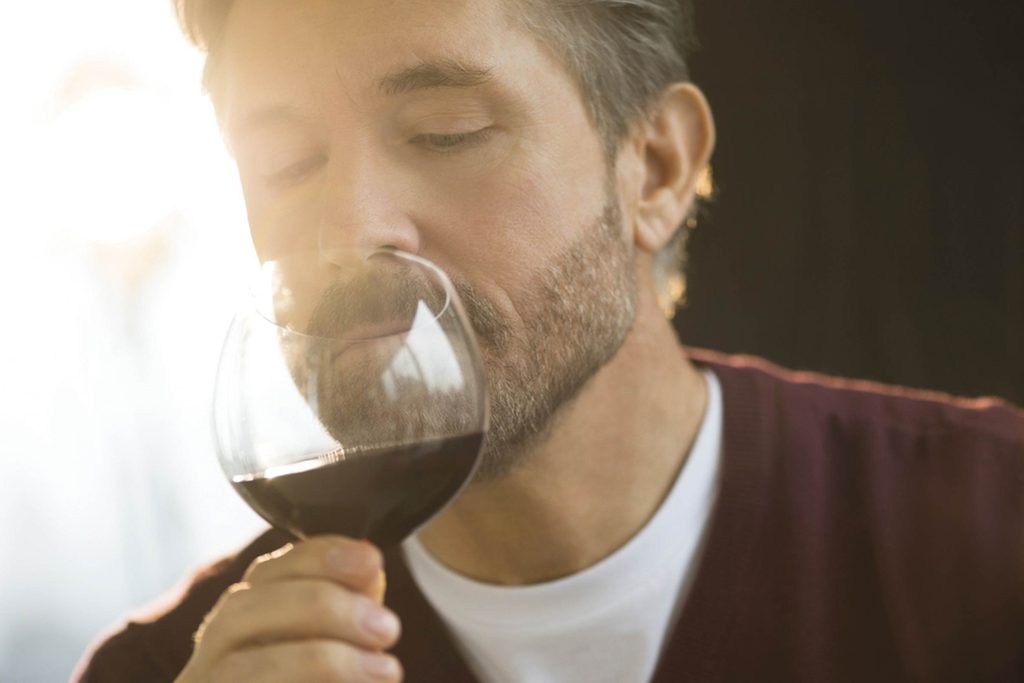
Reaching for a nightcap (of the alcohol variety)
That glass of wine at bedtime may help you fall asleep faster, but it will make your sleep worse through the night and over time, research suggests, including a study published in 2014 in the Handbook of Clinical Neurology. The problem is that booze reduces quality sleep, disrupting the body’s natural homeostasis.
“Excess alcohol before bedtime causes sleep fragmentation in the second half of the night, meaning you wake up more frequently and sleep isn’t as consolidated,” says Nitun Verma, MD, a spokesperson for the American Academy of Sleep Medicine. “A relaxing wind-down routine before bed gives better, long-lasting results.” Instead of drinking, consider trying one of these healthy snacks shown to help insomnia.
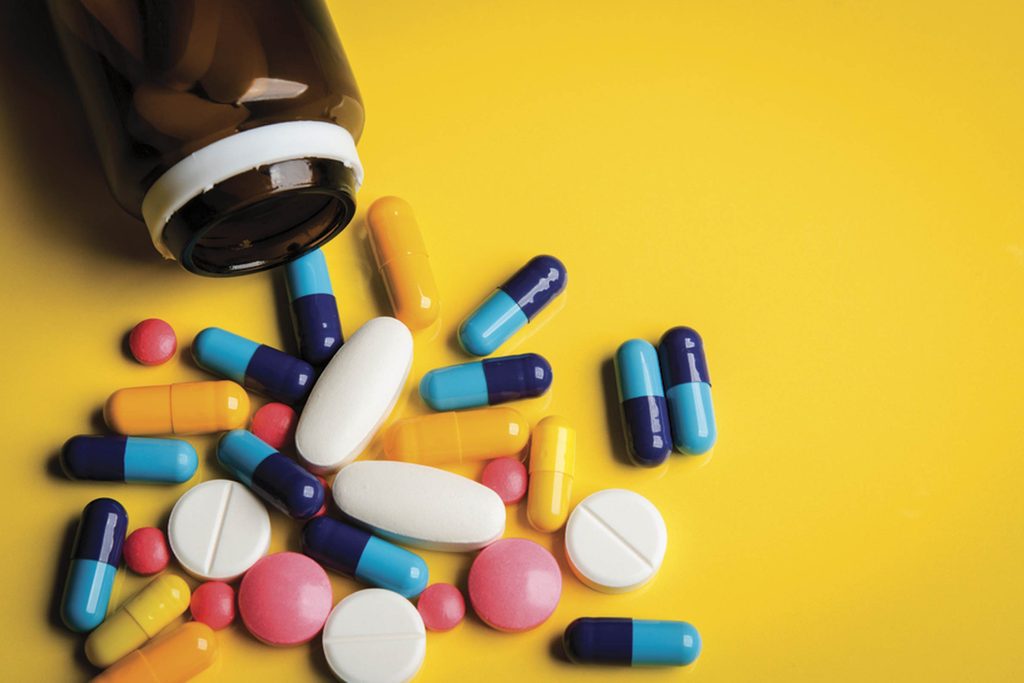
Using OTC sleep aids regularly
Over-the-counter sleeping pills like ZzzQuil, Tylenol PM, and Unisom have grown in popularity over the years for good reason—they’re relatively inexpensive and they work. But how well they work depends on how much you use them, Dr. Buchfuhrer says. “Using them every once in a while, like on a trip, is fine,” he says. But if you take them regularly, “over time they will hurt your sleep.”
These sleep aids rely on the drowsy side effect of antihistamines, generally used in cold or allergy medications, and the other side effects like rebound insomnia, anxiety, and dehydration can take a toll. “Their effects can last too long, causing drowsiness in the morning,” says Dr. Verma. “For some people, it makes morning sleepiness worse. And some people taking this medicine have constipation, urine retention, blurry vision, and more serious side effects in rare cases.” (Check out these 10 sleep aids you’ve never heard of—that really work.)
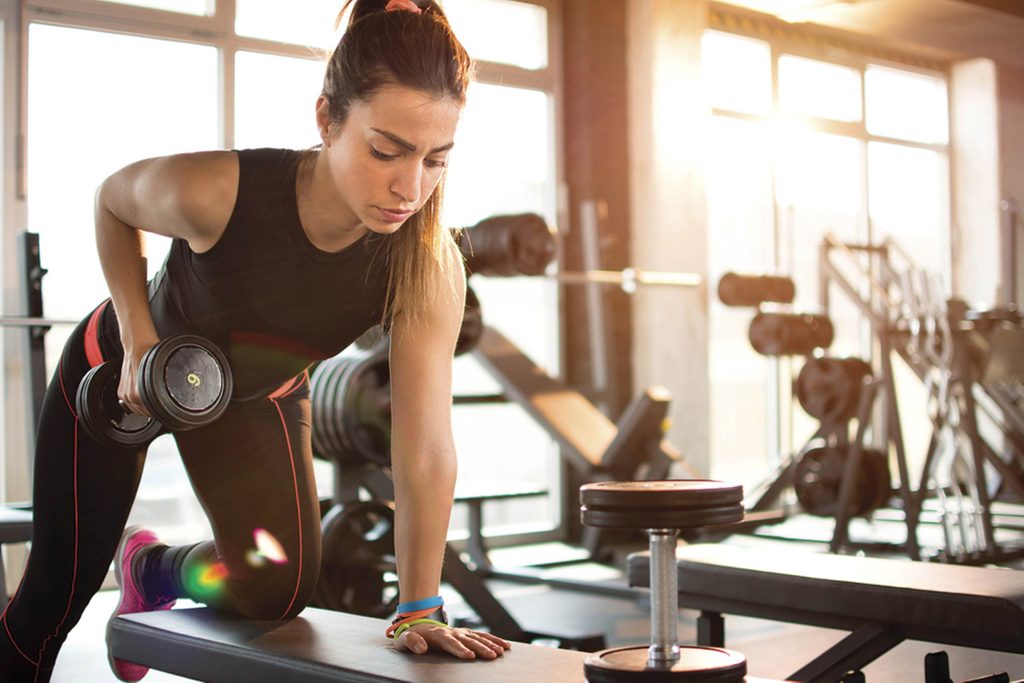
Hitting the gym after dinner
You know that old adage of if you want to sleep well, wear yourself out physically first? It’s simply not true, Dr. Buchfuhrer says. “Exercise produces adrenaline and endorphins which rev you up, making it harder to fall asleep,” he says. But this doesn’t give you a free pass to skip the gym. When done earlier in the day—say, before 5 p.m.—working out is one of the best ways to beat insomnia. It’s all in the timing, says Dr. Buchfuhrer. (Not sure if your schedule is working for you? Check out these 8 signs you’re headed for an awful night of sleep.)
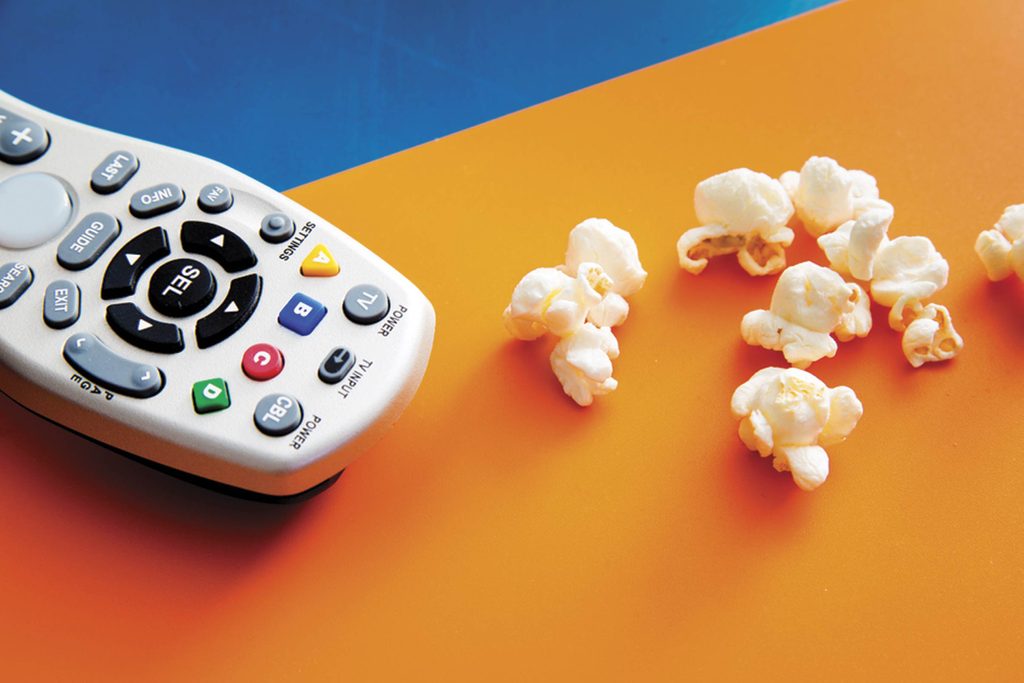
Netflix-ing in bed
Thanks to tablets and phones it’s easier than ever to watch TV in bed (not that it was ever that hard before). But while catching up on your favorite shows may relax you, the blue light from the screens actually tells your brain it’s daytime. “The eyes and brain are sensitive to blue light as that is a signal our suprachiasmatic nucleus, a part of the brain involved in our circadian rhythm,” says Dr. Verma. “Bright blue light late in the night can confuse our brains to stay awake.” Even worse, watching a show in bed trains your body to not think of the bed as the place where you sleep which can lead to insomnia as well. For a good night’s rest turn off all screens an hour or two before bed.
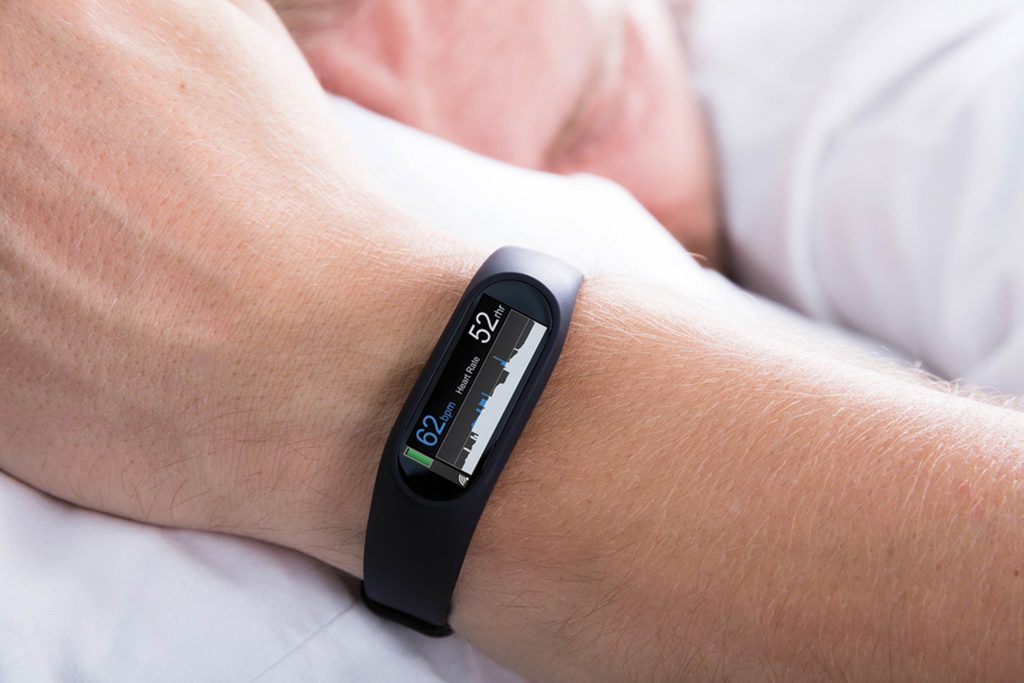
Paying too much attention to your sleep tracker
Many smart devices, like Fitbits and Apple watches, now come with built-in sleep trackers that profess to be even better than Santa Claus when it comes to knowing when you’re asleep and when you’re awake. The problem? They’re not all that accurate, Dr. Buchfuhrer says, especially for people who tend to move a lot in their sleep. That movement doesn’t necessarily mean you’re not getting good quality Zzz’s, but the tracker will pick it up as wakefulness regardless, perhaps causing you to think you have a problem you don’t really have, he says. “They can provide feedback but it’s not necessarily useful feedback and worrying about every detail of your sleep may actually make it harder to sleep.” (Here are 6 things bedrooms of good sleepers have in common.)
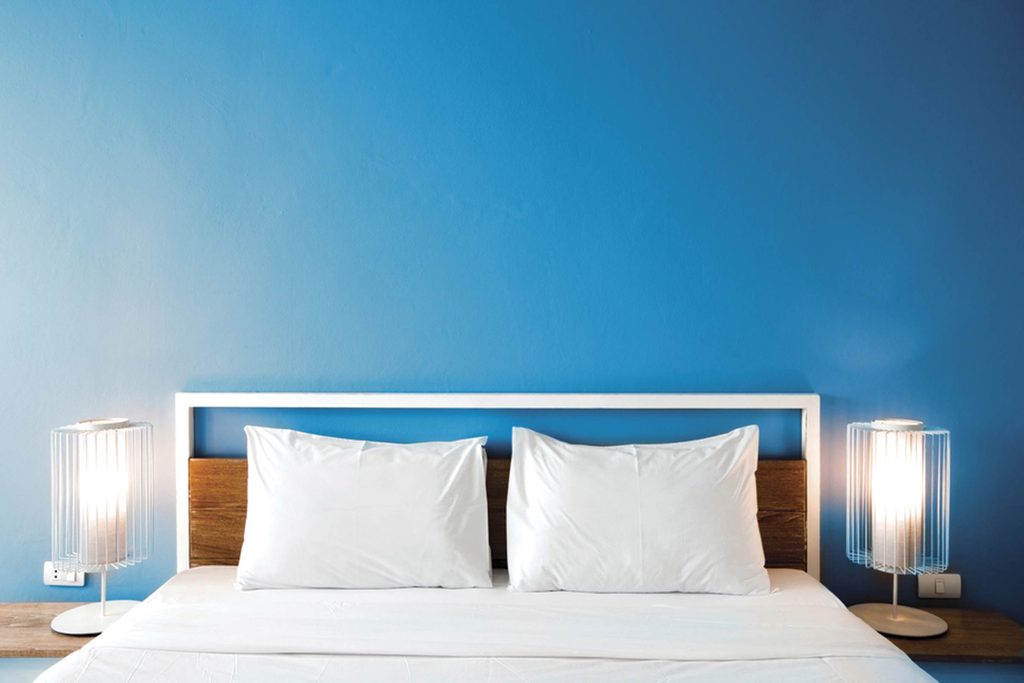
Not using a regular, comfortable pillow
Health tech has infiltrated every part of our lives, and the bed is no exception, with companies now making special pillows, pillow covers, and even hats designed to “optimize” sleep. The types of things they do vary from product to product but all the bells and whistles may backfire when it comes to helping you fall asleep, says Dr. Buchfuhrer. “Pillows are very individual, and something that’s even a tiny bit different can bother you,” he says. “Just buy a pillow you find comfortable and forget the gadgets.” These are the best pillows for every type of sleeper.
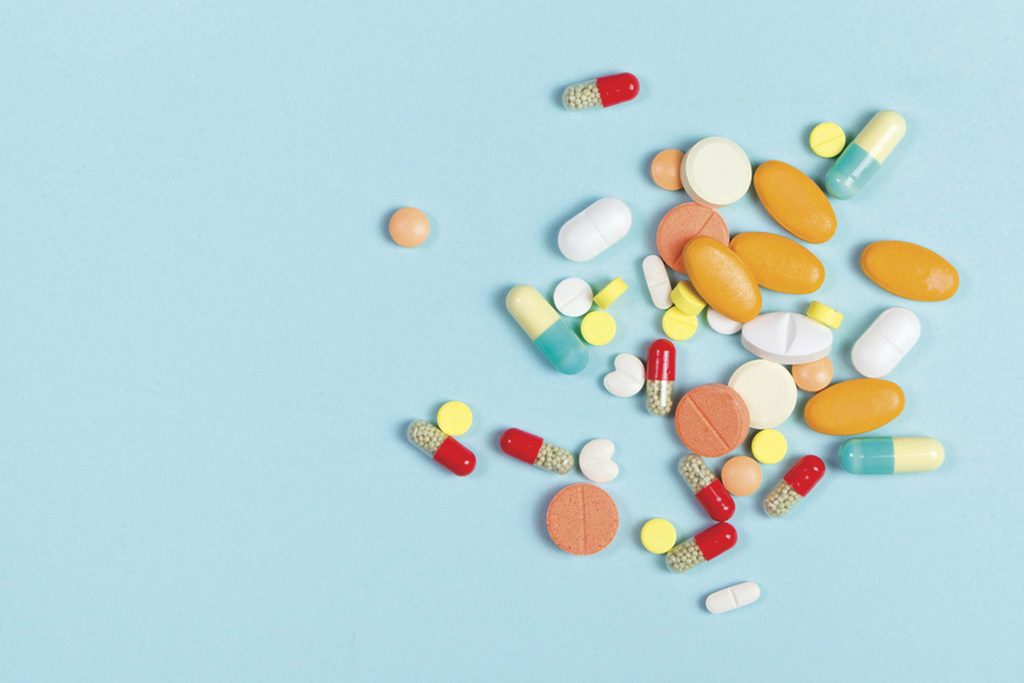
Popping melatonin supplements
Supplements that contain melatonin are the most popular “natural” sleep aid, but the way the sleep hormone works in our body isn’t as simple as popping a pill, Dr. Buchfuhrer says. People whose primary source of insomnia is being affected by light will benefit the most from melatonin, but others will see little or no improvement. Plus they aren’t fast-acting and have the potential to mess up your circadian rhythm, making your sleep problems even worse. Want to stick to natural cures? Here are 11 home remedies for insomnia that actually work.
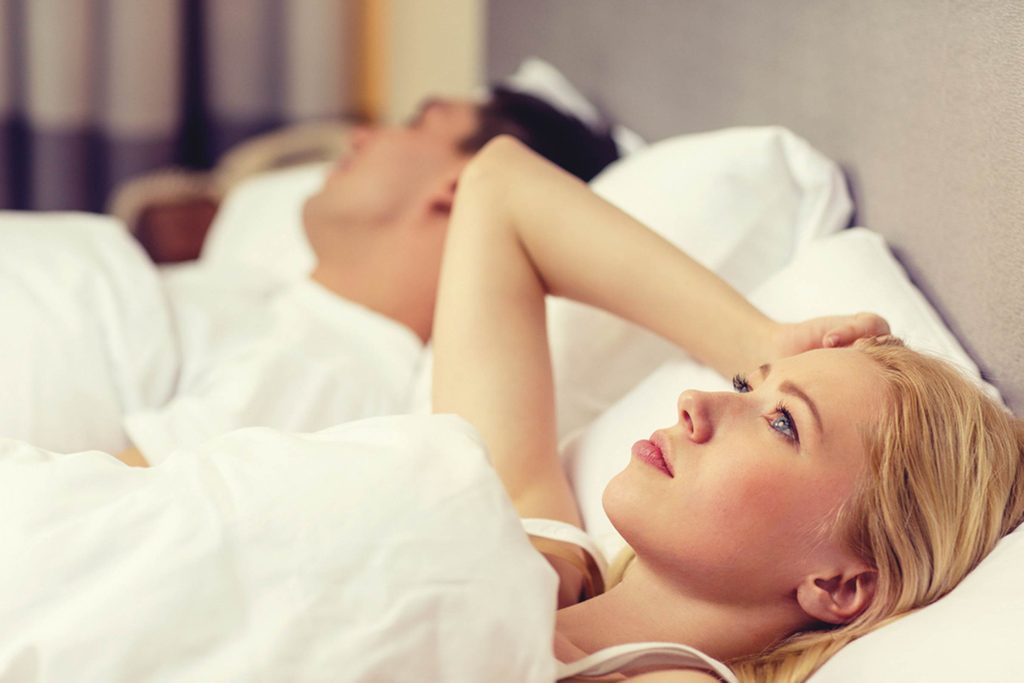
Using snore sprays
“They don’t work. Period,” Dr. Buchfuhrer says. “If you’re snoring and it’s severe or is interrupting your partner’s sleep, it’s time to see a doctor about your options.” In fact, snoring can be a sign of dangerous sleep apnea.
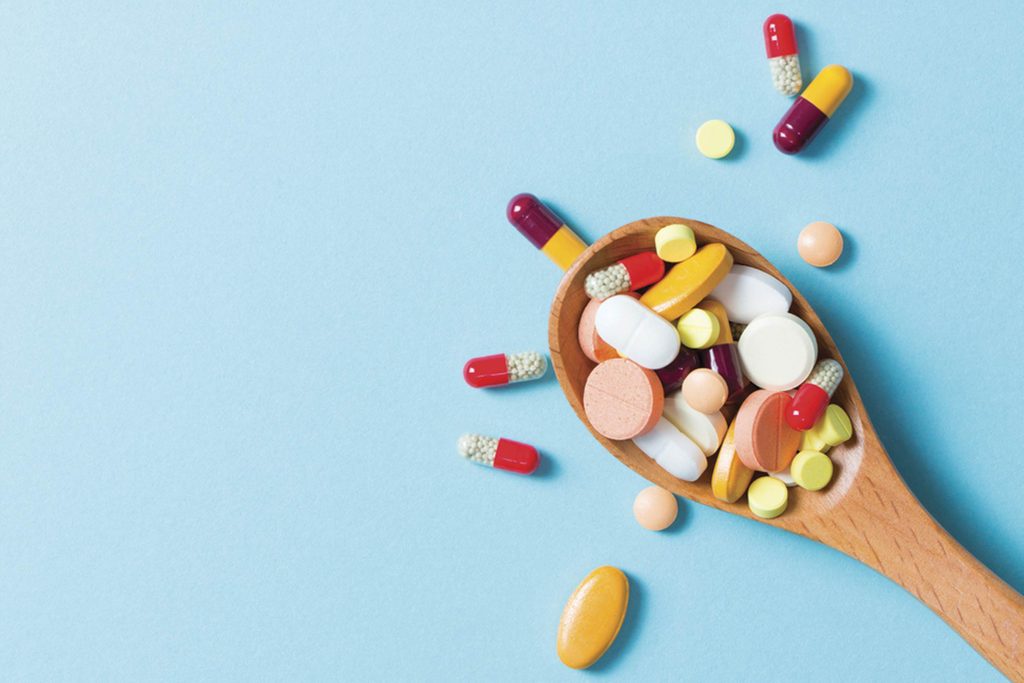
Taking Rx meds that are not a good fit
Ambien is the number-one most prescribed sleep aid in the U.S. and while it does help many people, it must be used with great care, Dr. Buchfuhrer says. It is a serious medication and like all medications can have side effects that in some cases can mess up your sleep more than they help. “Unusual behavior becomes more common with a sedative,” he says, which explains the reports of sleep-eating, sleep-texting, and even sleep-driving on the drug. He adds that it can be psychologically addictive so it should be used only under a doctor’s care and only three to four days a week, max. (Here are 10 bizarre side effects of common medications.)
